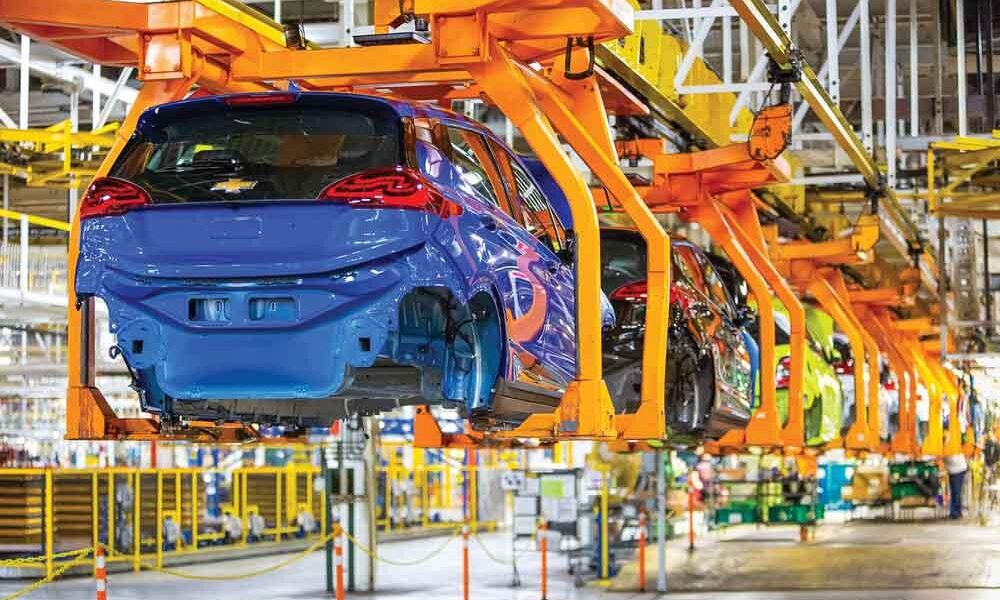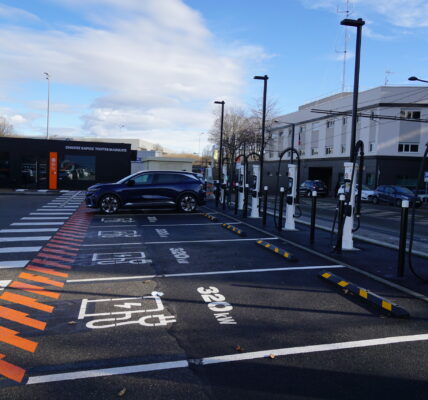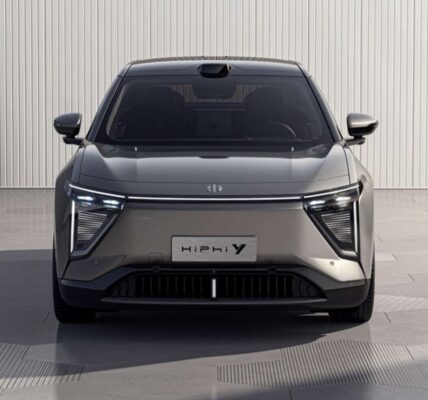Sales of electric vehicles (EVs) continue to gain market share globally, with Thailand and Indonesia being key markets within Asean, says a research agency.
Sales of electric vehicles (EVs) continue to gain market share globally, with Thailand and Indonesia being key markets within Asean, says research agency BloombergNEF.
“The EV share of global new passenger sales is expected to jump from 14% in 2022 to 30% in 2026,” said Allen Tom Abraham, BloombergNEF’s senior analyst of Asia-Pacific transport.
Sales of electric cars are gaining momentum in many countries and regions, particularly China and Europe.
In China, EVs command a 52% market share, while in Europe, EV sales account for 42% of total car sales.
Some European countries have recorded very strong growth in the EV market, with the Nordic nations securing a market share of 89% and Germany standing at 59%.
The US has also seen a significant growth in EV sales. The market share of EVs is expected to reach 28% in 2026, up from 7.6% last year, according to BloombergNEF.
Mr Abraham said the agency believes global EV sales, especially in the passenger car segment, will soar to almost 27 million units in 2026, up from 19.5 million units in 2022.
Within Asean, Thailand and Indonesia will be key players in the EV market, thanks to the nations’ support for the EV industry and the size of their populations.
Last year, EV sales in Thailand stood at 51,000 units. The number is expected to reach 2.9 million units by 2040.
“Thailand will be a big player in the EV market, but after 2040 Indonesia will take the lead in the passenger car segment due to the large size of its market,” said Mr Abraham.
The EV market is growing rapidly in Thailand because of the government’s promotion of the production of new-generation cars which are more environmentally friendly.
Early last year, the Thai cabinet approved a package of incentives, including tax cuts and subsidies, to promote EV consumption and production between 2022 and 2023.
BloombergNEF said EV production requires a large investment in battery supply chains. Annual lithium battery demand is expected to grow rapidly, approaching 5.7 terawatt-hours annually by 2035 in the economic transition scenario.
In the net-zero scenario, in which governments’ campaigns for a balance between greenhouse gas emissions and absorption are successful, new demand for lithium-ion batteries are expected to reach 244 TWh by 2050.








